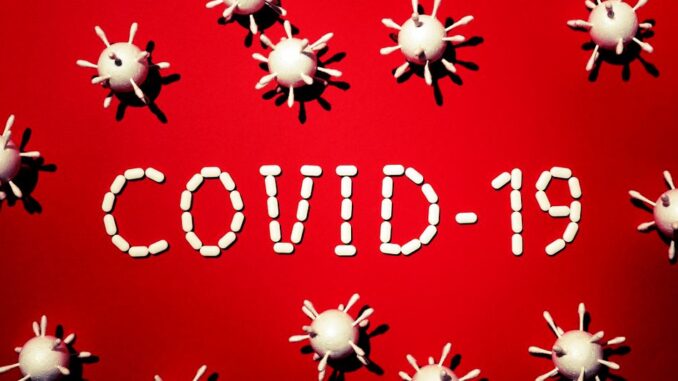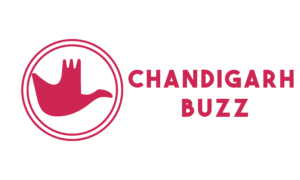
Zydus Cadila, one of India’s leading pharmaceutical companies, has recently launched its needle-free COVID-19 vaccine, Zycov-D, in the city of Rajkot. The company has received approval from the Drug Controller General of India (DCGI) to conduct clinical trials of this vaccine, and it is expected to be a game-changer in the fight against the pandemic.
This article will discuss the Zycov-D vaccine in detail, including its features, efficacy, safety, availability, and its potential impact on India’s vaccination drive.
Introduction to Zycov-D
The COVID-19 pandemic has wreaked havoc across the globe, infecting millions of people and causing numerous deaths. Governments and medical organizations have been working tirelessly to develop a vaccine that can prevent the spread of the virus. In this regard, Zydus Cadila has made a significant contribution by launching its needle-free COVID-19 vaccine, Zycov-D.
Features of Zycov-D
Zycov-D is a plasmid DNA vaccine that is administered using a needle-free injector called the PharmaJet® Stratis® Needle-Free Injection System. This system uses a high-pressure stream of liquid to deliver the vaccine directly into the muscle tissue, eliminating the need for a needle.
The vaccine is stored at 2-8°C, making it easier to transport and store than other vaccines that require ultra-cold storage temperatures. This feature makes it especially suitable for use in remote and rural areas where cold chain infrastructure is not readily available.
Efficacy of Zycov-D
Zycov-D has shown promising results in preclinical studies, and it has been found to be safe and effective in preventing COVID-19. The vaccine triggers the production of antibodies that neutralize the virus and prevent it from infecting cells.
Zydus Cadila has conducted phase 1 and 2 clinical trials of the vaccine, which have shown that it is safe and well-tolerated. The company is currently conducting phase 3 clinical trials to evaluate the vaccine’s efficacy in a larger population. The interim analysis of the phase 3 trials has shown that the vaccine has an efficacy rate of 66.6% against symptomatic COVID-19.
Safety of Zycov-D
Zycov-D has been designed to be safe and well-tolerated. The vaccine does not contain any live virus, and it cannot cause COVID-19. It has undergone rigorous testing to ensure its safety, and the clinical trials conducted so far have not shown any serious adverse effects.
Availability of Zycov-D
Zydus Cadila plans to manufacture 240 million doses of Zycov-D annually. The vaccine will be available in two doses, and the company is expected to price it competitively to make it accessible to everyone. The launch of Zycov-D in Rajkot is just the beginning, and the company plans to roll out the vaccine in other parts of India soon.
The Indian government has granted emergency use authorization to Zycov-D, making it the sixth vaccine to be authorized for use in India. The vaccine is expected to play a significant role in India’s vaccination drive, which aims to vaccinate the entire adult population by the end of the year.
Impact of Zycov-D on India’s Vaccination Drive
India has been battling a severe wave of COVID-19 infections in recent months, and the vaccination drive is crucial to containing the spread of the virus. Zycov-D’s needle-free delivery system and easy storage make it a practical and convenient option for use in remote and rural areas, where access to healthcare is limited.
Moreover, the vaccine’s competitive pricing and the company’s commitment to manufacturing 240 million doses annually will help to make it more widely available and accessible to the Indian population. The launch of Zycov-D in Rajkot marks a significant milestone in India’s fight against the pandemic, and it is expected to boost the vaccination drive in the state of Gujarat.
Conclusion
The launch of Zycov-D in Rajkot is a significant development in the fight against the COVID-19 pandemic. The vaccine’s needle-free delivery system, easy storage, and promising efficacy make it a practical and convenient option for use in India’s vaccination drive. The availability of a homegrown vaccine will also help to reduce India’s dependence on imported vaccines and boost its self-sufficiency in the field of vaccine development and manufacturing.
Zydus Cadila’s efforts to develop and manufacture Zycov-D are commendable, and they highlight the potential of India’s pharmaceutical industry to contribute to global healthcare. The launch of Zycov-D is an important step towards achieving India’s goal of vaccinating its entire population, and it is a testament to the country’s resilience and determination in the face of adversity.
In conclusion, the launch of Zycov-D is a ray of hope in these trying times, and it is a testament to the spirit of innovation and collaboration that has defined India’s response to the pandemic. With its promising features and potential impact, Zycov-D has the potential to change the course of the pandemic in India and beyond.
Frequently Asked Questions:
What is Zycov-D, and who developed it?
Zycov-D is a COVID-19 vaccine developed by Zydus Cadila, an Indian pharmaceutical company.
What makes Zycov-D different from other COVID-19 vaccines?
Zycov-D is a needle-free COVID-19 vaccine, which means it does not require a needle for administration. It uses a ‘needle-free injection technology’ called ‘Tropis’ developed by Zydus Cadila.
What are the benefits of a needle-free COVID-19 vaccine?
A needle-free COVID-19 vaccine can reduce the risk of needle-stick injuries, which can transmit infections, and also increase the speed and ease of vaccine administration.
Is Zycov-D effective against the Delta variant of COVID-19?
Zydus Cadila claims that Zycov-D is effective against the Delta variant of COVID-19, which is a variant of concern.
Where has Zycov-D been launched?
Zycov-D has been launched in Rajkot, a city in the Indian state of Gujarat. However, Zydus Cadila plans to launch the vaccine in other parts of India soon.
Zycov-D has received emergency use authorization (EUA) from the Drug Controller General of India (DCGI), which allows it to be used in India during the pandemic.
